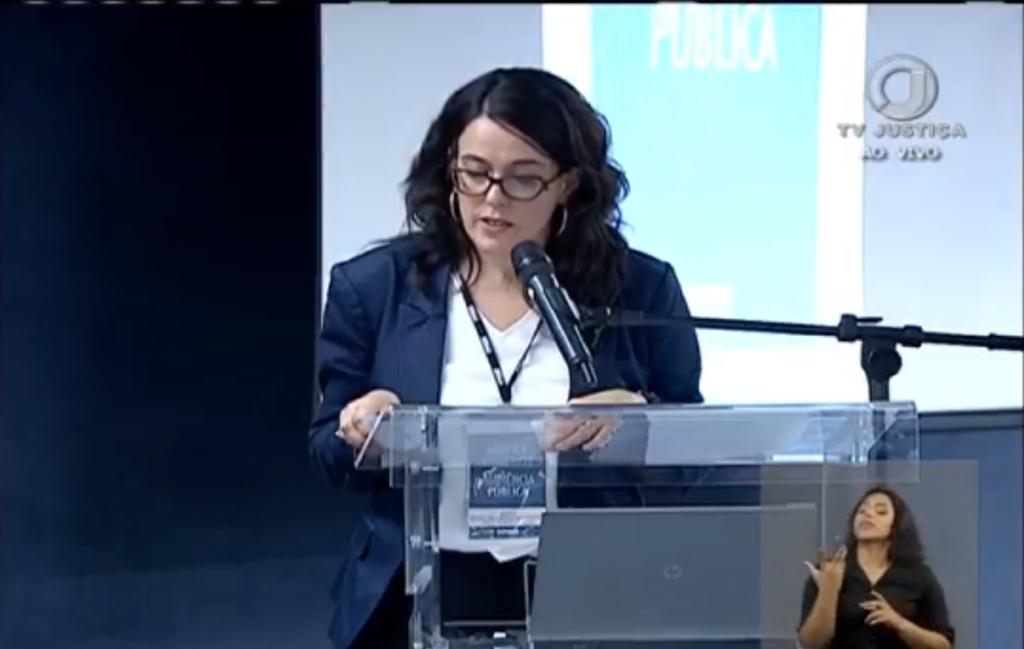Supreme Court hears opinions on the right to safe abortion
Over the course of two days, civil society organisations, government staff, researchers and private individuals shared points of view and knowledge concerning voluntary termination of pregnancy up to the 12th week.

The beginning of the month of August saw public hearings within ADPF 442 (Claim of Breach of Fundamental Precept), in an STF review (Federal Supreme Court), concerning the decriminalisation of abortion up to the 12th week of pregnancy. In addition to Conectas’ contribution, around 40 presentations, for and against, were made between 3 and 6 August.
In September 2017, Conectas and the ITTC (Land, Work and Citizenship Institute) applied to the STF for amicus curiae, presenting arguments in favour of safe abortion for pregnancy up to the 12th week. These organisations uphold the view that criminalisation in this case is incompatible with the Constitution and with international human rights treaties because it is not capable of preventing abortions being carried out and also because it imposes disproportionate limitations on women’s freedom and dignity.
Juana Kweitel, Executive Director at Conectas defended this position in the Court, on Monday 6 August. In her speech she argued that the STF has the institutional capacity to decide on this issue in its role as guardian of the Constitution and of fundamental rights. In addition she presented experiences from other countries where the number of abortions carried out and maternal mortality rates have been reduced following decriminalisation and she talked about how the criminalisation of abortion goes against the constitutional principle of proportionality.
Read more
In response to the argument that Congress should be responsible for the decision and not the STF, Juana followed with the rebuttal that “it is naïve and contradictory to expect a predominantly white male Congress to fulfil the role of protecting women’s right to life.” Concerning international examples, she pointed out that experience “reinforces the fact that criminalisation is not an adequate state response and that moreover, safe abortion has to be addressed as a woman’s fundamental right and a public health issue”.
When constitutional principles were discussed Juana argued “it is clear that the criminalisation of a woman’s right to choose to terminate an unwanted pregnancy is unconstitutional because it does not achieve the objective of preventing an abortion from being carried out, it is not a measure that imposes the minimum restriction to rights and in addition it leads to serious harm to women’s lives, principally women in economically and socially vulnerable situations”.
- Watch the full presentation:
ADPF
ADPF 442 was presented by the PSOL and Instituto Anis participated setting it up. In addition, a number of organisations presented amici curiae to help in substantiating discussions in the Court. Conectas and ITTC presented joint amicus curiae, at the Latin American and Caribbean day for the struggle for the decriminalisation of abortion (28/09), last year. ADPF 442 has had the highest number of applications for amicus curiae of any action in the history of the Supreme Court, with over 30 organisations showing interest in presenting their arguments to the court.






